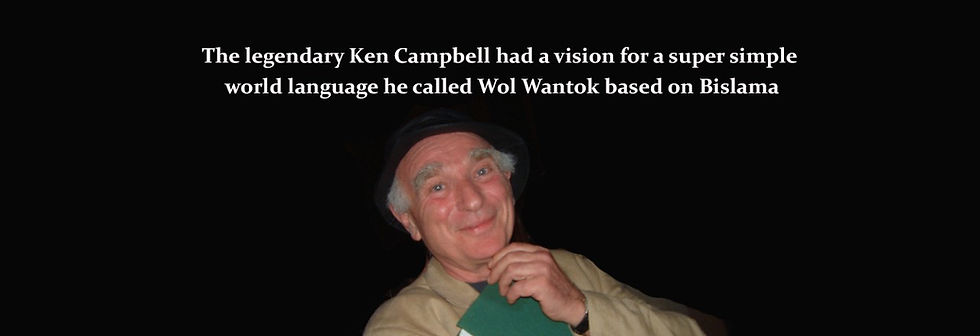Psychedelic Therapy Is on the Rise. But at What Cost?
- Michael Simkin
- Feb 22, 2023
- 3 min read
Updated: Aug 11, 2025
The legalization and legitimization of psychedelic-assisted therapy is accelerating. Once relegated to the margins, substances like psilocybin, MDMA, and ketamine are entering clinical trials, boardrooms, and even insurance discussions.
On the surface, this is good news. Psychedelics, when approached with care, context, and reverence can catalyse profound healing. We're talking about substances that have the power to dismantle trauma, soften rigid ego structures, and reconnect people with their feelings and a deep sense of unity and meaning.
The numbers tell the story. According to Business Research Insights, the global psychedelic therapy market was more than $4B last year. Some suggest it will double over the next five years. This is an impressive projection, but is also where the story may start to sour.
When Money Meets Medicine
The interface between money and healing has always been fraught, but with psychedelics, the stakes feel uniquely high. These are not just treatments; they're doorways into the psyche. When profit motives drive the context in which these doorways are opened, the risk of harm, or at the very least, disconnection, increases.
Can healing be priced? Can a breakthrough be scheduled between 10:00 and 11:30, billed per hour, with a follow-up PDF?
Who's Really Qualified to Guide? There’s a growing wave of psychedelic sitters, facilitators, start-up founders, and pharmaceutical companies extracting the "active ingredients" from ancient or sacred substances. But this begs the question:
To what extent have they truly sat with their own pain? Have they descended into their own inner abyss and come back with humility?
Many offer protocols. Few seemingly offer presence.
The Rise (and Hollow Centre) of Ketamine Clinics Ketamine, the only legal psychedelic in many regions, has become the front door to this new industry. In all honesty - it's not actually a psychedelic, it's a dissociative, which has some similar qualities to other psychedelics. It is used because it accessible and fits neatly into the pharmaceutical model. My issue with it, is unlike psilocybin or DMT, ketamine doesn’t demand your surrender. It doesn't ask for your authenticity in order to work.
You can take ketamine and bypass your pain. You can take ketamine and still avoid yourself.
Jermaine Greer Was Right Jermaine Greer once argued that even legalizing marijuana could lead to its co-option by big business, removing it from the community and cultural context in which it thrived.
We’re seeing exactly that with psychedelics: the corporate hunger to own, package, and scale something that was never meant to be owned in the first place.
The Wrong Setting for the Right Experience Some psychedelic therapy now happens in clinical white rooms, with sterile lighting and a nurse down the hall. These are the same environments that trigger the trauma many people are trying to heal. How can one touch the sacred in a setting designed to suppress it?
The container matters, and the hospital aesthetic often negates the softness and trust that real healing requires.
What Healing Really Looks Like The best use of psychedelics doesn’t look like an IPO. It looks like this:
One-on-one.
Deep compassion.
A guide who has done their work.
A safe space where money is present, but not primary.
Silence. Courage. Surrender.
No social media team in the corner.
Legalization is necessary, but commercialization is not the same as care. Let's not lose the essence of what these medicines offer in the rush to monetize their magic.
The inner sanctum is real, but you can't franchise your way in.
Below are some pilot images I made for a proposed channel discussing the issues concerning psychedelic therapy.

















Comments